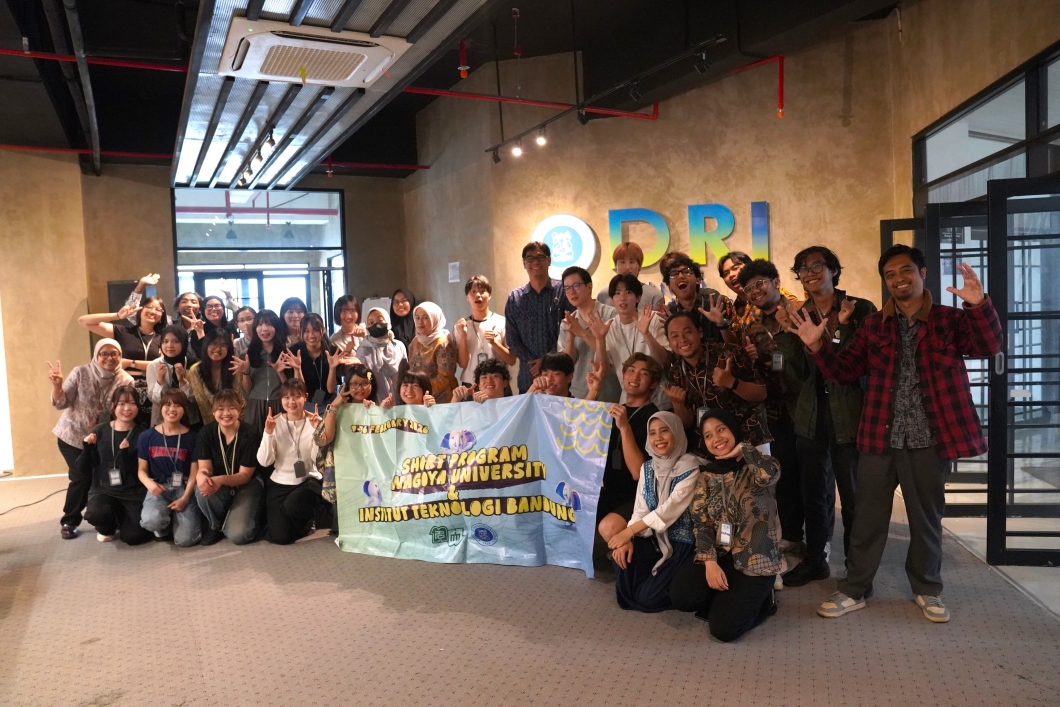Palms Could be The Stable Source of Renewable Energy
By Adi Permana
Editor Adi Permana

BANDUNG, itb.ac.id – Executive Director of Palm Oil Agribusiness Strategic Policy Institute (PASPI), Dr. Tungkot Sipayung said that currently, efforts are being made to shift the world's main types of energy from fossil-based energy to renewable green energy. This is based on the increasingly widespread phenomenon of global warming caused by rising levels of greenhouse gases.
It was noted that in 2018, carbon dioxide levels on earth increased to 407 ppmv and the fossil energy sector became the main contributor to greenhouse gas (GHG) with a percentage of 68%. “Therefore, fossil energy usage is encouraged to be further reduced,” said Tungkot in a webinar event titled “Palm as a Sustainable Energy Source”.
Tungkot appraised palms to be the stable source of renewable energy. There are various factors that strengthen palms as one of the best renewable energy sources. The first advantage is that palms are abundant in Indonesia. “Indonesia is the king of biodiesel with the production of 7.9-billion-liter surpassing America and Germany,” he explained.
Dr. Tungkot also declared that palm oil production in Indonesia is considered stable. In addition, another advantage of using palms as a renewable energy source are competitive raw material prices, scanty of land usage and deforestation, palm oil as a biodiesel base material saving soil pollution and has been certified sustainable. "Palm plantations are very efficient to be used to be processed into energy sources because they absorb a lot of oxygen," said Tungkot.
Meanwhile, ITB Chemical Engineering Lecturer, Dr. Ir. Tatang Hernas said that energy is an “oxygen” of economy, and as the time goes by, energy sources are needed to regenerate to maintain the environment and the availability as well. “Energy is so important so the process of transitioning fossils to palm oil must be considered and developed more seriously through education and science and technology,” he said.
Dr. Tatang also explained various kinds of plant-based resources suitable for energy, ranging from lignocellulosic, sugars, starches, fats, proteins, alkaloids, and steroids. He believes that Indonesia could become the world's biofuel leader with palm oil as its capital. Indonesia could develop all the potential of plant-based fats resources to the fullest.
Regarding New Renewable Energy (NRE), Director of Bioenergy on The Directorate General Energy of New, Renewable Energy and Energy Conservation (EBTKE), Andriah Feby Misna, S.T., M.T., explained that Indonesia targets NRE to hold 25% of the total energy sources used in Indonesia by 2025. Various strategies have been prepared to accelerate the development of NRE. Starting from substitution of final energy, conservation of fossil primary energy, addition of NRE capacity, and utilization of non-electric NRE.
Meanwhile, The Indonesian Ambassador to Brussels and European Union, Dr. Andi Hadi, S.H. LLM delivered material regarding palm and biodiesel trading policy and issues in European Union. Dr. Andi also uncovers the reason behind why European Union tends to have a negative view of palms.
“The European Union created a policy called The EU Green Deal with the ambition of realizing Europe as a climate neutral region, which means a balance between the level of emissions produced and the ability to absorb carbon,” he said.
One of the strong reasons behind this policy is that the European Union's claim of their success in reducing emissions by 23% has an impact on maintaining economic growth of up to 61%. "Unfortunately, because of this policy, there is a tendency for the European Union to assume that biodiesel from palm oil is not sustainable in nature," he said.
Reporter: Yoel Enrico Meiliano (TPB FTI 2020)
Translator: Aghisna Syifa Rahmani (TPB SITHS 2020)




.jpg)
.jpg)


